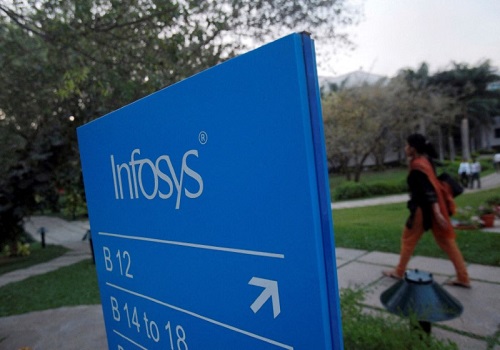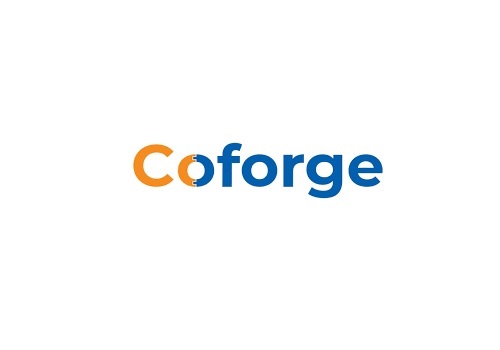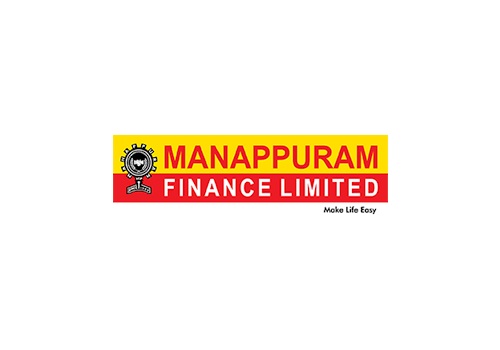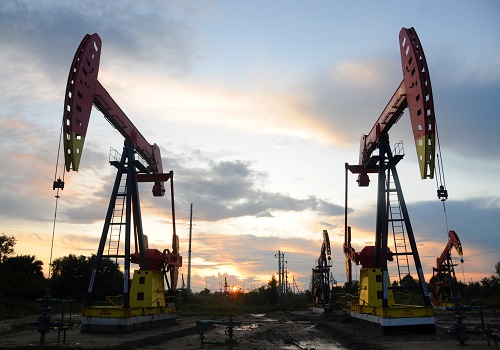FMCG Sector Update - Commodity prices stay stable on a sequential basis By Motilal Oswal

Commodity prices stay stable on a sequential basis
In this edition of our Consumer sector update, we analyzed the price movement in key commodities and identified companies under our coverage that could benefit from or be negatively impacted by it. It is relevant to analyze price trends from the perspective of 2QFY22 earnings and beyond as topline growth in the sector is expected to rebound on the back of pent up demand and a low base.
Agri and non-Agri commodity prices display stability
* Companies under our coverage are largely expected to report strong cumulative growth numbers on improving mobility, pent up demand before the festive season, and the low base set in 2QFY21. Recovery after the second COVID wave was much faster, with companies better prepared to manage the situation. As the nationwide vaccination drive continues, managements indicated that demand had been improving week-on-week in 2QFY22.
* Discretionaries are expected to see a healthy rebound, owing to the unfurling of pent up demand and with the festive/wedding season around the corner. With commodity inflation refusing to ease even in 2QFY22, most companies are expected to witness a compression in their gross margins YoY. However, price hikes taken by most companies should augur well over the medium term.
* Crude prices continue to inch higher: Crude prices continue to head upwards, with a 5.5% QoQ increase in 2QFY22. The increase is even sharper when compared to FY21, with prices being 69.5% higher YoY owing to the low base formed in 2QFY21 (touched a low of USD38.9/bbl in Sep’20). Prices rose 4.3% MoM to USD73/bbl (monthly average for Sep’21 till date).
* Agri commodity basket continues to inch higher after the transitory softening of prices: Barley, palm oil, and wheat prices saw a sequential rise, with most other Agri commodity prices softening or remaining flat. Barley cost rose 46.3% YoY and 7.3% QoQ in 1QFY22, touching a one-year peak of INR2,180/quintal in Sep’21. Palm oil prices continue to remain elevated after touching a fresh high of MYR4,794/MT in May’21.
* Average palm oil prices are up 59% YoY, but only a modest 5.2% QoQ in 2QFY22. At MYR4,600/MT, current prices remain close to their peak. The movement in copra prices is interesting. Prices (up to Jul’21) rose 8.9% YoY, but fell 8.3% QoQ due to a good harvest. Tea prices have seen a sharp correction, with average prices down 28.4% YoY and 3.8% QoQ.
* Non-Agri commodity basket continues to witness sharp inflation: Titanium dioxide (TiO2) prices rose sharply (25.6% YoY and 10.6% QoQ) in 2QFY22. Palm Fatty Acid Distillate (PFAD) prices rose 66.8% YoY and 4.3% QoQ. Gold prices (MCX) fell 7.6% YoY, but were flat QoQ. While VAM costs are up 118.8% YoY, they fell 11.4% sequentially.
* On an average, the entire commodity cost basket witnessed inflation on a YoY basis, but was flat sequentially (up 27.8% YoY/-0.1% QoQ). While moderate inflation is seen in the Agri basket (up 10.3% YoY and 0.1% QoQ), mostly led by higher palm oil and barley prices, prices seem to have stabilized, up 1.8% MoM in Aug’21/Sep’21. The non-Agri commodities basket continues to witness a sharp inflation on a YoY basis (up 51.4%), but is flat on a QoQ basis (down 0.8%).
Impact on our top picks: GCPL, HUVR, BRIT, MRCO, and UNSP
* GCPL: Higher palm oil prices are expected to have some YoY impact on 2QFY22 margin as prices remain near their peak. Some of the price increases taken (albeit with a lag) should offset higher raw material prices to some extent as long as palm oil prices do not continue to move upward. Other commodity costs continue to remain manageable.
* BRIT’s major raw materials witnessed some inflation in 2QFY22. Higher prices for edible oil and packaging, while steep, are still a small component of BRIT’s overall material basket. Wheat prices rose a modest 6.6% YoY and 4.2% QoQ. In Sep’21, the Union Cabinet hiked the MSP for wheat prices marginally. Inflation in sugar cost remains benign. The management had engaged in some pricing action in Aug’21 to offset commodity inflation.
* HUVR: Palm oil prices remain at elevated levels, but there is no indication of sharp inflation. The management had said that tea prices would soften once the new crop arrives in Jul’21, which seems to have panned out. HUVR took another round of price increases in 2QFY22, which, along with stable input costs, should help bolster margin going forward.
* MRCO: Input costs for MRCO continue to ease in 2QFY22 (data available up to Jul’21). As indicated by the management earlier, copra prices were 8.3% lower sequentially due to a good harvest. The management expects gross and operating margin to deliver a significant improvement QoQ.
* UNSP: Indian molasses WPI was up 8% YoY, though largely flat QoQ in 2QFY22 (up to Aug’21). The major cost pressures for UNSP is expected from higher ENA prices as OMCs continue to procure ethanol from sugar mills at attractive prices. The company is working on securing its own captive supply of ENA for which it is in talk with distillers.
Other materially impacted commodity companies: APNT, PIDI, HMN, and UBBL
* APNT and PIDI: Vinyl acetate monomer (VAM) prices continue to remain elevated and are likely to play spoiler for PIDI as it is a key raw material. TiO2 (a key raw material for APNT) and crude costs too are seeing inflationary trends on a YoY and QoQ basis. Other crude based raw materials for APNT are also likely to see double-digit inflation. The healthy sales growth outlook and price increases by both APNT and PIDI in the coming quarters will offset some impact on EBITDA margin, as would some cost reduction measures. APNT raised prices in May’21 and Jun’21.
* HMN is expected to be a key beneficiary of the ongoing decline in mentha oil costs. There have, however, been inflationary pressures in other input costs.
* UBBL and GSKCH: Sharp increase in barley costs could affect the gross margins of UBBL and GSKCH (now merged with HUVR). However, our discussions with the management indicate that advanced purchases of barley earlier in CY21 would restrict the margin impact.
To Read Complete Report & Disclaimer Click Here
For More Motilal Oswal Securities Ltd Disclaimer http://www.motilaloswal.com/MOSLdisclaimer/disclaimer.html SEBI Registration number is INH000000412
Above views are of the author and not of the website kindly read disclaimer



















